My hands are clean: Tomana
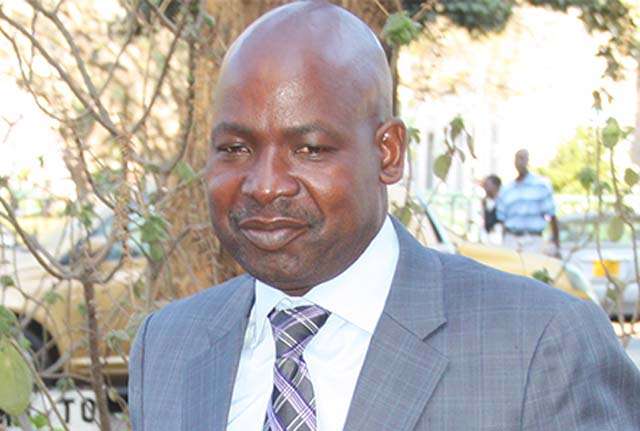
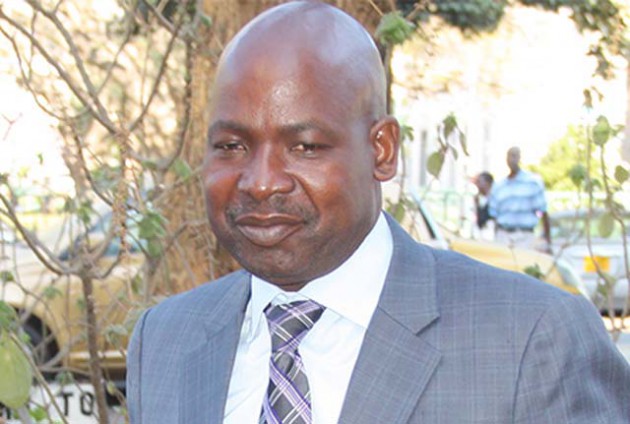
Johannes Tomana
Fidelis Munyoro Chief Court Reporter
Suspended Prosecutor-General Mr Johannes Tomana says his conduct as then Attorney-General cannot be the basis for an inquiry into his suitability to hold office as the PG.
A three-member tribunal is probing Mr Tomana on a slew of misconduct charges.
Hearings commenced last week.
Two out of more than 20 witnesses have testified so far.
Read more:
- False start to Tomana trial
- Tomana pleads not guilty
- Tomana hearing begins
- Tomana wins bail appeal
- Tribunal gives Tomana 10 days to respond
In his defence, Mr Tomana argued the allegations raised against him were bogus and not deserving of attention.
He said on matters that required him to apply his knowledge of the law, he consulted and was supported by authorities and in some instances by judgments of the local courts.
“There has also been no misconduct committed by him let alone what could be described as gross,” reads part of the defence outline.
“If any cause should exist for a view different to the one he held to be entertained, that could scarcely constitute gross misconduct.”
The tribunal must present recommendations to President Mugabe on Mr Tomana’s suitability to remain as the PG.
Mr Tomana claims the tribunal cannot by law consider his suitability as AG.
That office, he argues, no longer exists.
His position as AG was independent and existed apart from his new position as PG, he argued in his defence.
“By constitutional command, the tribunal has no authority to inquire into the pre-PG days,” argued Mr Tomana, who is represented by Advocate Thabani Mpofu instructed by Mambosasa Legal Practitioners.
“The contextual framework in which the charges are brought taints the process and that it involves the judicial process in moral defilement.”
Mr Tomana is facing eight counts of criminal abuse of office at the magistrates’ courts.
The same charges are being used to question his exercise of prosecutorial functions.
The charges arose at the time he was AG.
He has since challenged the validity of the process underway.
The matter is still pending the apex court.
“This has not stopped this process from proceeding. When this context is considered, it is constitutionally impermissible for the tribunal to go through this process,” said Mr Tomana.
In his defence, Mr Tomana seeks to rely on Section 69 of the Constitution of Zimbabwe, which provides that every person “is entitled to a fair hearing within a reasonable period of time”.
“The fact that the raising of these charges implicates breach of the fair trial guarantee renders the inquiry into these matters unconstitutional and therefore invalid,” he argued.
“The tribunal should hold that it has lost the constitutional mandate to inquire into these stale and prescribed claims. It is further asserted that the tribunal’s right to proceed is prescribed.”
Mr Tomana also argues that there was no reason not to charge him of the alleged misconducts at the time they allegedly happened.
“There has been no change in the Government of Zimbabwe. There has been no change in her constitutional framework and statutory laws,” he said.
“The forces that are behind the activation of this process have been in existence as at the respective dates of the conduct now impugned. Nothing stopped those forces from activating this process earlier.”
Mr Tomana sought to explain the circumstances under which all the cases in which he is being probed were dealt with.
On defying court orders, Mr Tomana argues that he complied with the orders issued by the court in Maramwidze and Telecel.
He said despite his compliance with those orders, Telecel had not instituted any private prosecution.
In the Maramwidze matter, Mr Tomana contends that although a prosecution had been conducted and a conviction secured, the accused person, Munyaradzi Kereke, had been acquitted on one of the two charges.
“As regards the charge on which he was convicted, respondent observes that a notice of appeal has been filed,” he argues.
“Respondent consequently draws attention to the effect of the appeal on the charges now brought and will urge in favour thereof should occasion arise.”
He denied that he was party to the proceedings in the Nherera-Shah matter.
Mr Tomana argued that when two arms of Government are not agreed on a critical constitutional issue and are not agreed for good reasons, it is unacceptable for the other arm to use its might in a manner that forces the issue.
He said he was entitled to disagree with the judiciary and to do so within the law.
“He has in conducting himself in this matter not gone outside the law. When the court spoke the final word, he complied with what it said.” The inquiry is expected to be completed within three months.


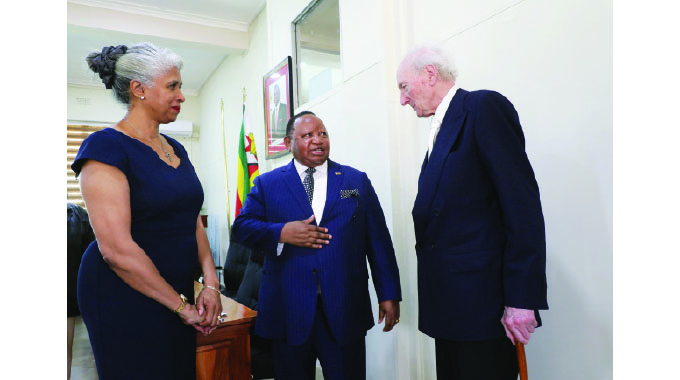
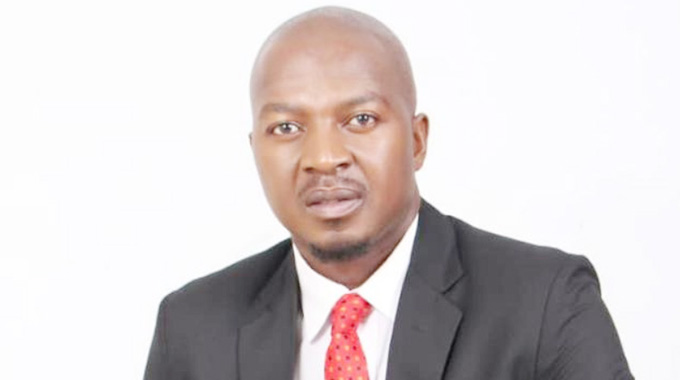
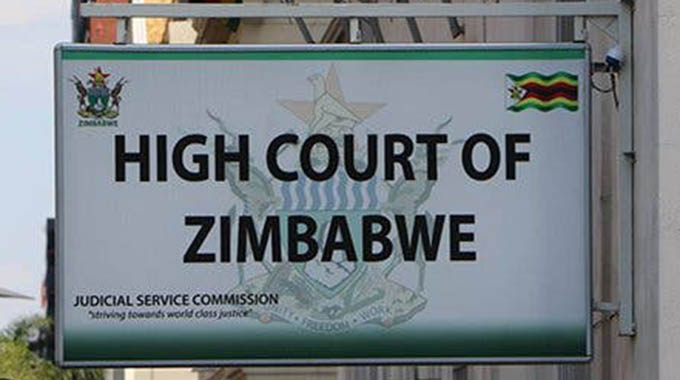

Comments